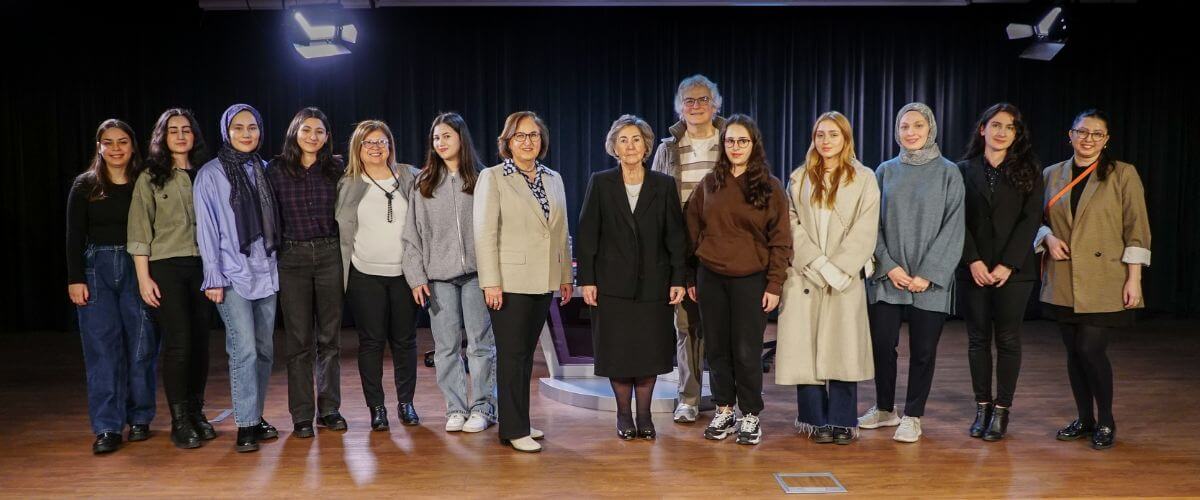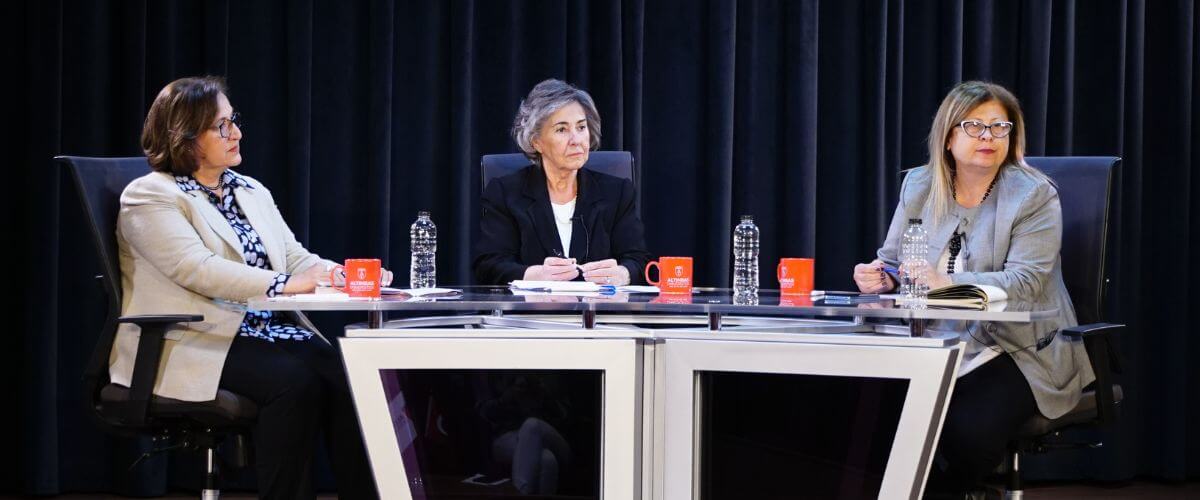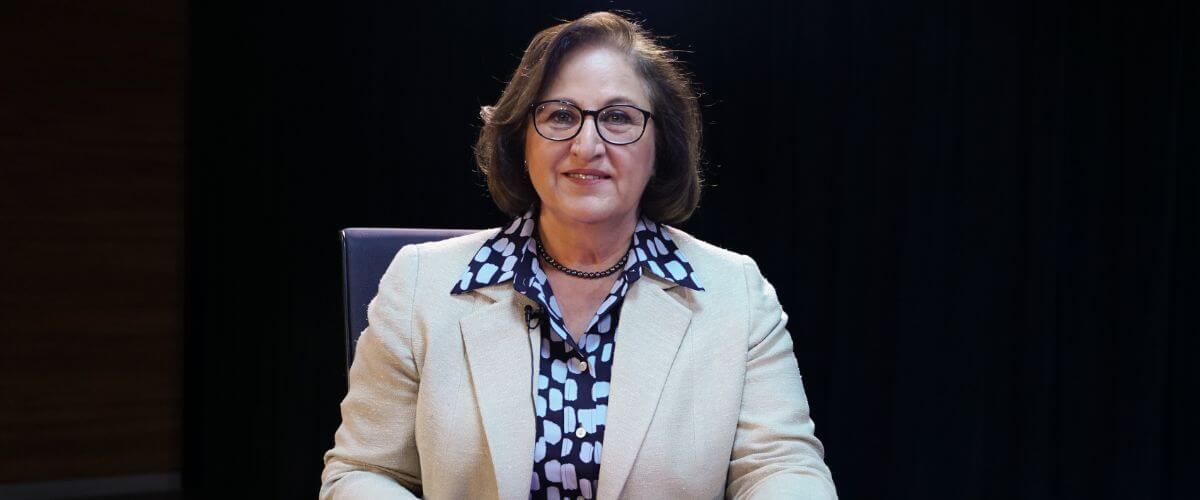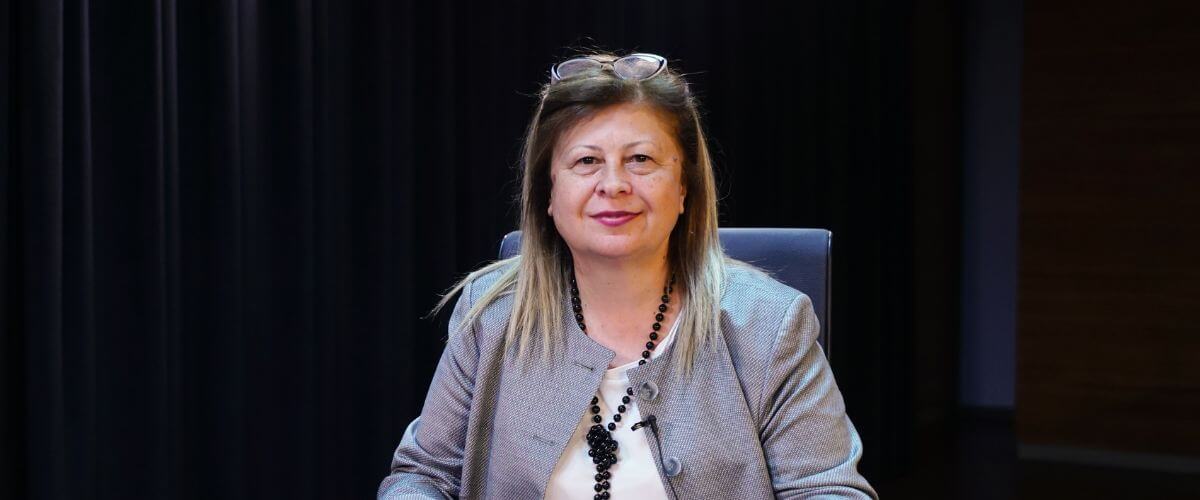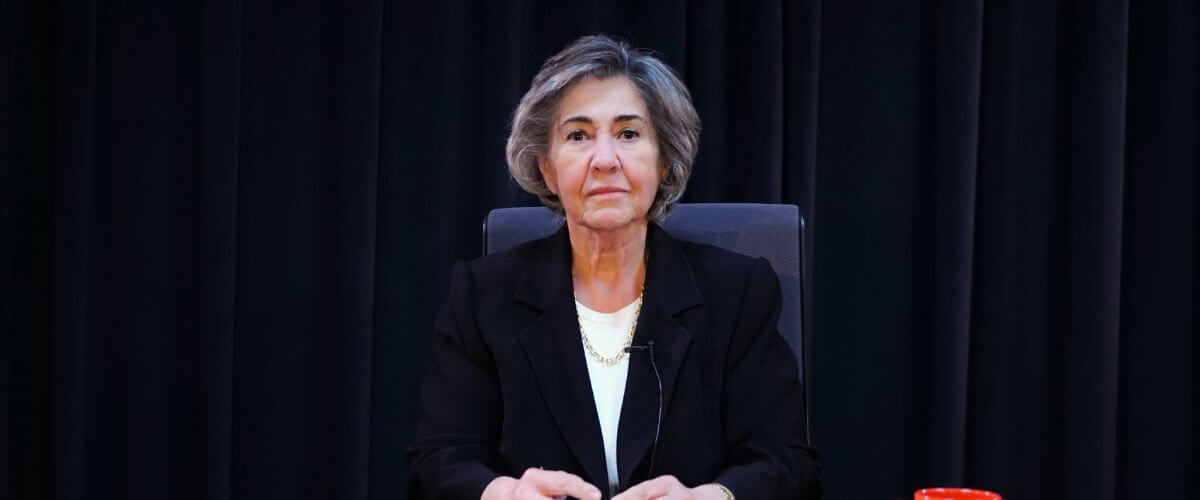Women's Surname Adventure
Following the Constitutional Court's annulment decision, no legal regulation has been made, creating a legal gap on the right of married women to use their own surname. Legal experts want a swift regulation in line with the principle of gender equality.
Surname usage is considered an absolute and indispensable right in our constitution. Women have been fighting for this right for 30 years. The Constitutional Court took a step towards gender equality by abolishing Article 187 of the Civil Code. However, despite the 9-month period given by the Constitutional Court, no new regulation was made by January 28, 2024, resulting in a legal gap regarding the surname of married women.
During the "Surname Adventure of Married Women" panel held at Altınbaş University as part of International Women's Day on March 8th, attention was drawn to this legal gap, emphasizing the need for a regulation based on the principle of equality as soon as possible.
Moderated by Prof. Dr. Şükran Şıpka, a Civil Law Specialist, an Altınbaş University Faculty Member, and also the President of the Family Law Association, the panel's guests were Lawyers Nazan Moroğlu and Ayten Ünal.
Prof. Dr. Şükran Şıpka emphasized that surname usage is a fundamental right, stating that women cannot give up their surnames. According to Şıpka, a woman should maintain her identity in marriage as she is recognized in society, and a woman should not be forced to give up her husband's surname not only when getting married but also when getting divorced, if she wishes. Şıpka said, "The most correct and fair thing is for a woman to continue using her name as she has made a name for herself in social, academic, or professional life. The surname, which is the identity of a woman, should not be changed forcibly."
Women's Rights Specialist Lawyer Nazan Moroğlu, a member of the Turkish Bars Association Women's Law Commission (TÜBAKKOM) and many civil society organizations, emphasized that gender equality is a democracy issue, stating, "Because this is not viewed this way, neither the parliament makes a statement nor is it covered in the press."
Lawyer Nazan Moroğlu, who also teaches women's law at MEF University, commented, "With the abolition of Article 187, women and men could continue to use their surnames during the marriage process. Also, for women who are currently married but want to use only their surname before marriage, the obligation to file a lawsuit would have been lifted. However, when today's practices are examined, neither the civil registry offices nor the marriage officers have information on this matter, and they say that there is no practice in this regard for women who request it. It's as if it hasn't been abolished. However, there are articles related to surnames on the back of marriage forms. I recommend that women who are getting married read them. If the Ministry of Internal Affairs wants, it can easily resolve this confusion by preparing a circular."
According to Lawyer Nazan Moroğlu, the regulation that will eliminate the legal gap should be planned gradually, according to time and context. Moroğlu suggested, "Each spouse can inform the marriage officer in writing whether they want to use their pre-marriage surname or which spouse's surname will be selected as the common family name. The spouse who does not choose his/her own surname can use his/her previous surname in front of the family name. A spouse who has two surnames before marriage can only take one surname as the family name or use it in front of his/her spouse's surname." Moroğlu said, "In this way, spouses will have the right to continue using only their pre-marriage surnames. Spouses who do not want to use this right will be given the right to choose one of the spouses' surnames as the family name during marriage. Thus, both spouses will have equal rights to continue using the surname recognized in social life after marriage."
Lawyer Ayten Ünal, a member of the İstanbul Bar Association and the first legal practitioner to win a case at the European Court of Human Rights (ECHR) on surname issues, said, "In 1994, with an individual application to the ECHR, I gained the right to use my own surname. This case went down in legal history as the 'Ünal Tekeli Case.' This case was a pilot case opened to create awareness about the issue."
Lawyer Ayten Ünal, who has been searching for her surname for 30 years, said, "In 1998, with the opinions of 55 women's organizations, we created a draft for both women and children to use surnames. We emphasized not interfering with a woman's surname in marriage."
Expressing the view that change cannot be achieved by acting according to the structure of society, Lawyer Ayten Ünal said, "In marriage, anyone can use any surname they want. Spouses cannot be forced to use a common surname, but if they want to use a common surname, a woman can take a man's surname just like a man can take a woman's surname."


